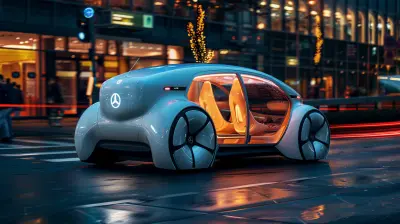The Role of Autonomous Vehicles in Smart Cities
28 May 2025
Alright, buckle up, because we're diving into the future—where cars drive themselves, traffic jams become a thing of the past, and smart cities finally live up to their name. Autonomous vehicles (AVs) are revolutionizing urban living, and if you’re not paying attention, you might just get left in the (metaphorical) dust.
But before you start picturing a sci-fi world where robots have completely taken over (relax!), let’s talk about what’s really happening with AVs and how they're reshaping the cities of tomorrow.
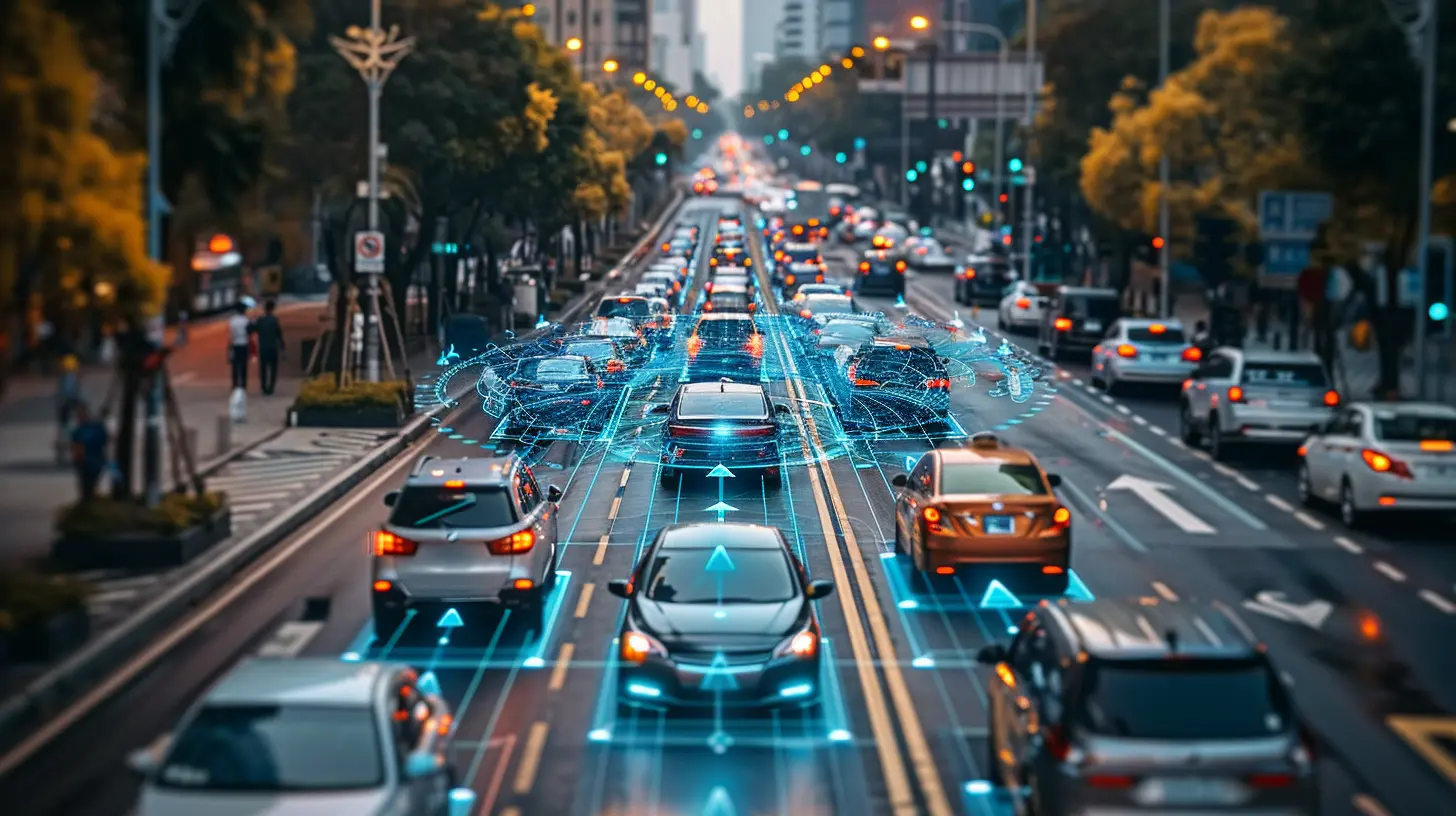
What Are Autonomous Vehicles, Really?
Self-driving cars, robo-taxis, autonomous buses—call them what you want, but they all fall under the umbrella of AVs. These bad boys use AI, sensors, cameras, radar, and a whole lot of computing power to move around without a human driver.But don’t think it’s just about letting you nap on your way to work (though that would be amazing). The real magic happens when these vehicles integrate with smart city infrastructure—creating smoother traffic flow, reducing accidents, and even making public transportation more efficient.
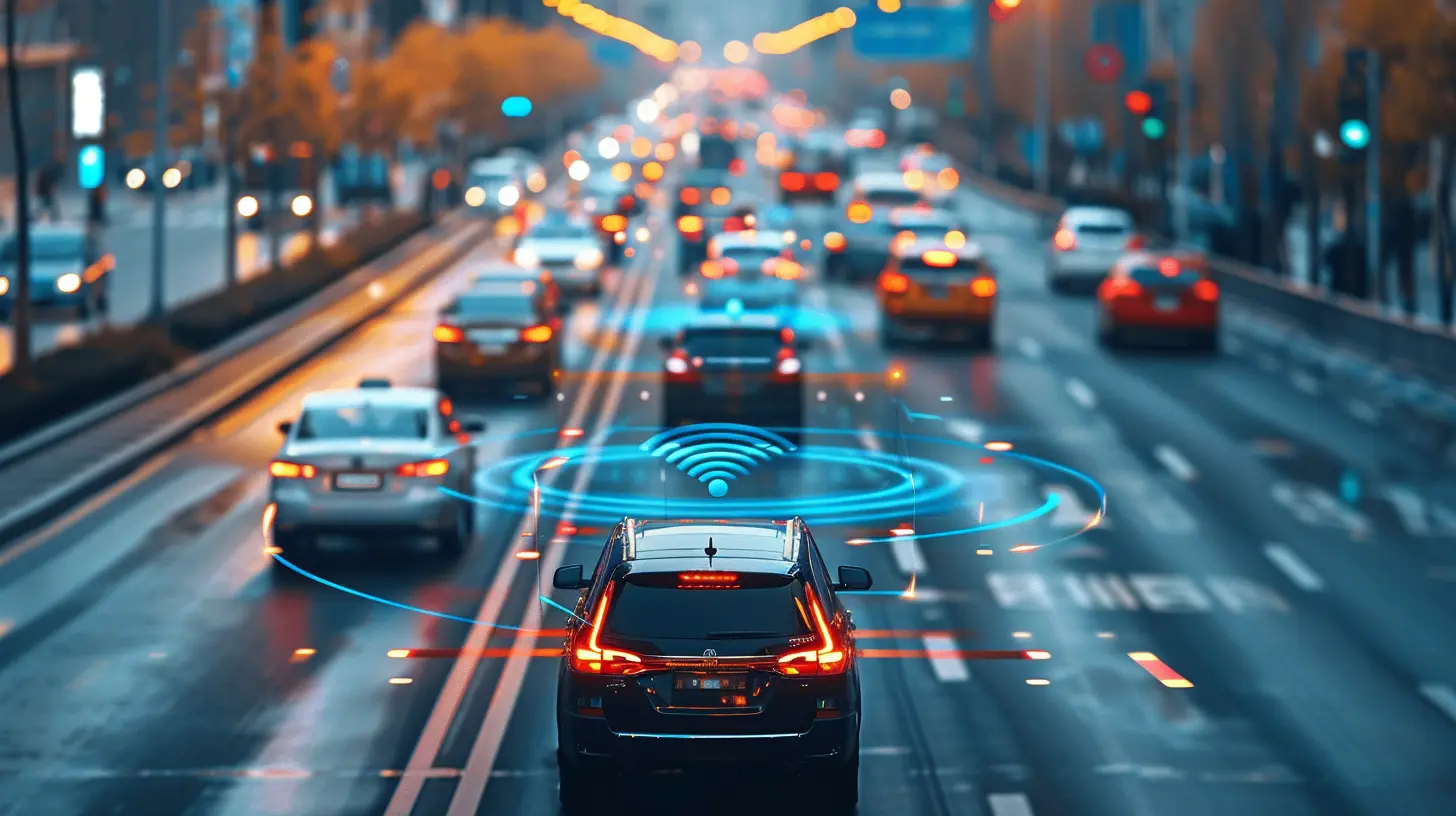
How Autonomous Vehicles Fit into Smart Cities
Smart cities and AVs are a match made in tech heaven. A smart city isn't just a place with free Wi-Fi and fancy streetlights. It's a connected ecosystem where data, automation, and AI work together to improve urban life. And guess what? AVs are a crucial piece of this puzzle.1. Say Goodbye to Traffic Jams (Hopefully)
Raise your hand if you've ever been stuck in traffic, questioning every life decision that led you there. Yeah, same. AVs, combined with AI-driven traffic management systems, could minimize congestion by optimizing routes and reducing stop-and-go chaos.No more road rage. No more unnecessary honking. Just smooth, efficient movement. Sounds like a dream, right?
2. Fewer Accidents, More Safety
Let’s be real—human drivers can be a mess. Drunk driving, texting behind the wheel, or just sheer incompetence lead to thousands of accidents every year. But AVs? They’re not getting distracted by Instagram notifications.With sensors that detect obstacles faster than any human can react, these cars could drastically cut down on crashes. Fewer fatalities, lower insurance costs, and an overall safer transportation system? Yes, please!
3. Revamping Public Transportation
Public transport in most cities is... well, let’s call it "unpredictable." Enter AVs: autonomous buses and ride-sharing services that run on precise schedules, making transit more reliable and efficient.Imagine never having to wait forever for a late bus again (cue collective sigh of relief).
4. Eco-Friendly Cities
The future isn’t just about convenience—it’s about sustainability, too. Since many AVs are electric, they help cut down on emissions. Plus, with AI optimizing travel routes, fuel (or battery) consumption is reduced.Fewer gas-guzzlers clogging up streets? That’s a win for Mother Earth.
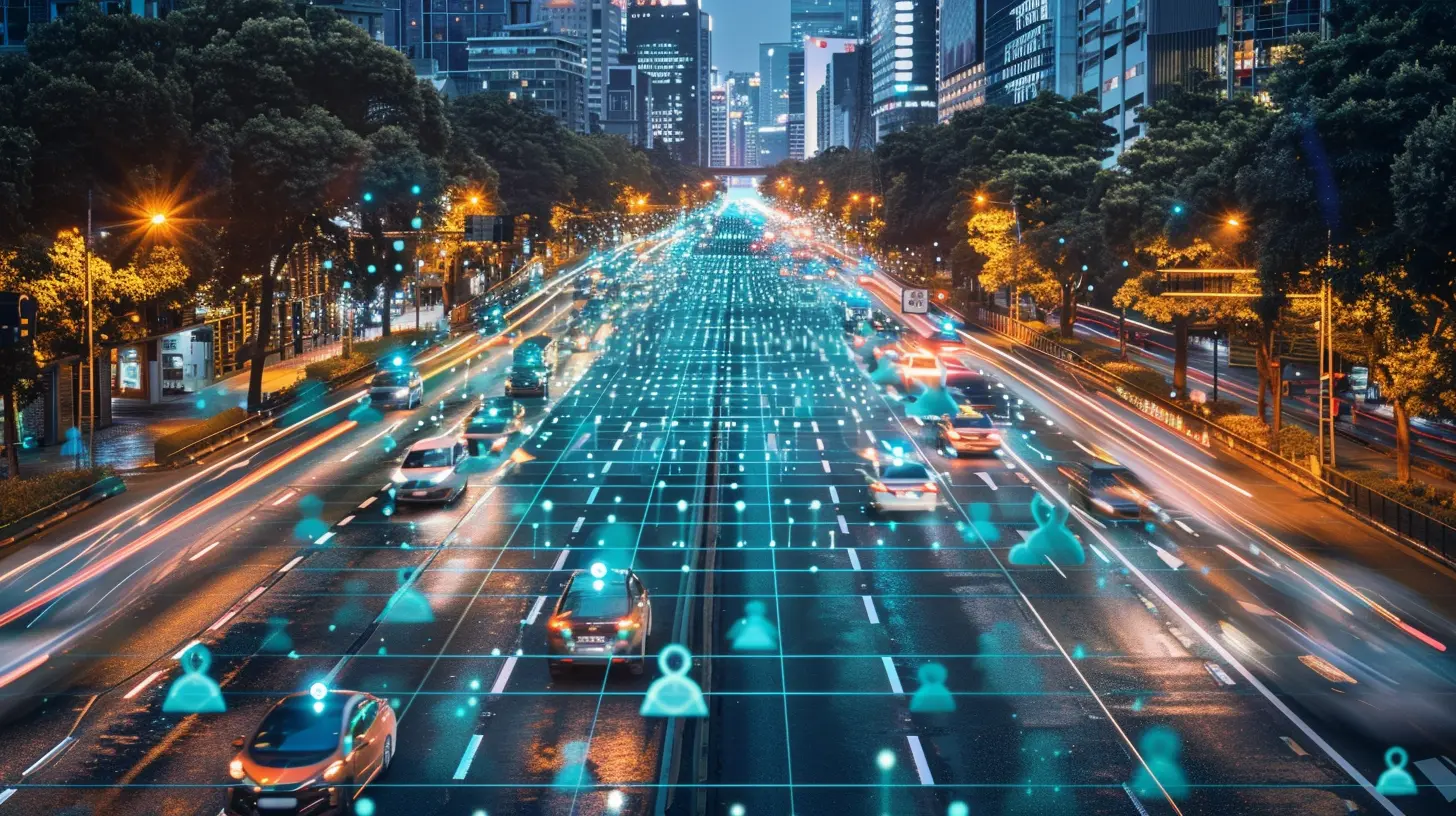
The Challenges (Because Nothing is Ever That Simple)
Hold up—before you start picturing a utopia where everything runs perfectly, let’s talk about the hurdles AVs need to clear before they can truly take over.1. Regulations & Legal Issues
Who’s at fault if an autonomous car crashes? How do we regulate these vehicles? What happens to traditional car ownership? Governments worldwide are still scrambling to figure this out, and until they do, widespread adoption will remain a challenge.2. Cybersecurity Risks
With great technology comes great... hacking risks. If AVs become the backbone of urban transport, they’ll also be prime targets for cyberattacks. Imagine someone hacking a city’s self-driving taxi system—yeah, not exactly ideal.3. Infrastructure Needs an Upgrade
Smart cities need smart roads. That means better traffic sensors, V2X (Vehicle-to-Everything) communication, and AI-driven traffic management systems. Unfortunately, most cities aren’t quite there yet.4. Public Hesitation & Job Displacement
Let's be honest—trusting a robot with your life isn’t easy. Many people still feel iffy about hopping into a car with no human driver. Plus, what happens to taxi drivers, truckers, and others who rely on driving for a living? These societal shifts need to be addressed.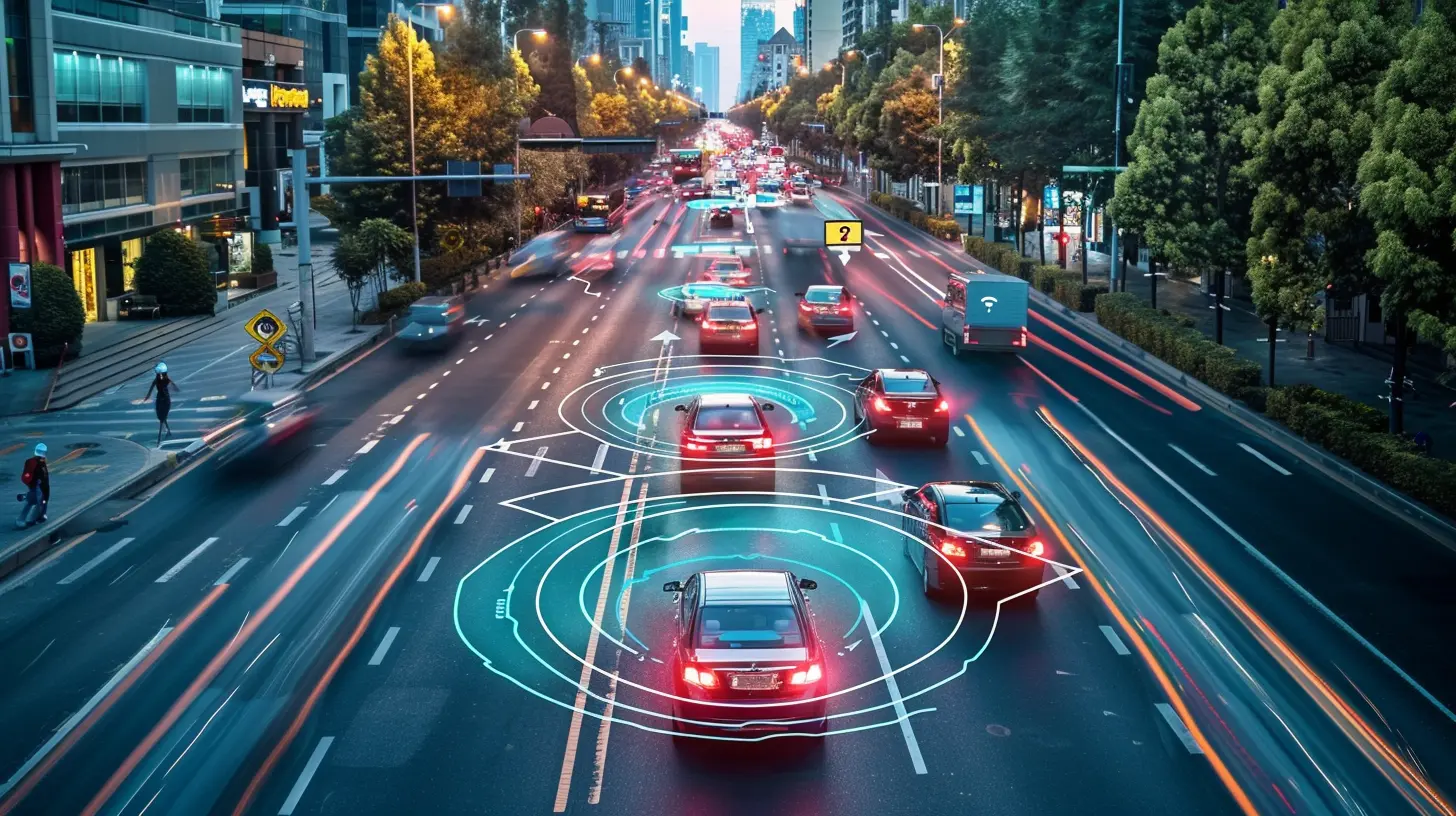
What the Future Holds
Despite the challenges, there’s no stopping this revolution. Big names like Tesla, Waymo, and Apple are pouring billions into AV development, and it’s only a matter of time before they become a common sight.Imagine a city where accidents are rare, road rage is ancient history, and you actually look forward to your commute. That’s the dream AVs promise.
Of course, governments, tech companies, and urban planners need to work together to make this transition as smooth (and ethical) as possible. But one thing is clear: autonomous vehicles are not just coming—they’re driving us straight into the future.
Final Thoughts: Buckle Up for the Ride
The role of autonomous vehicles in smart cities isn't just about cool tech—it's about reshaping how we live. If done right, AVs can make cities safer, greener, and more efficient. But challenges need to be tackled head-on.So, next time you’re stuck in traffic, just remember: the self-driving revolution is coming, and it’s going to change everything.
all images in this post were generated using AI tools
Category:
Autonomous VehiclesAuthor:

John Peterson
Discussion
rate this article
3 comments
Rina Snow
Autonomous vehicles are not just a futuristic dream—they're essential for the evolution of smart cities. By reducing traffic, lowering emissions, and enhancing urban planning, they revolutionize our cities. Embrace the change or get left behind in the dust of outdated infrastructure.
June 20, 2025 at 2:24 AM

John Peterson
Thank you for your insightful comment! I completely agree—autonomous vehicles are pivotal in shaping smarter, more efficient urban environments. Embracing this technology will undoubtedly pave the way for a sustainable future.
Rosalind McMahon
This article effectively highlights the transformative potential of autonomous vehicles in smart cities. By integrating advanced technology with urban planning, we can enhance mobility, reduce congestion, and improve sustainability. Exciting times lie ahead as cities evolve into more efficient and connected environments through these innovations.
May 31, 2025 at 3:16 AM

John Peterson
Thank you for your insightful comment! I completely agree that the integration of autonomous vehicles is key to creating more efficient and sustainable urban environments. Exciting times indeed!
Tracie McMillan
Autonomous vehicles may enhance urban efficiency, but they also raise significant ethical and infrastructural challenges.
May 28, 2025 at 11:25 AM

John Peterson
You raise a valid point. While autonomous vehicles can improve efficiency, addressing ethical concerns and upgrading infrastructure is crucial for their successful integration into smart cities.
